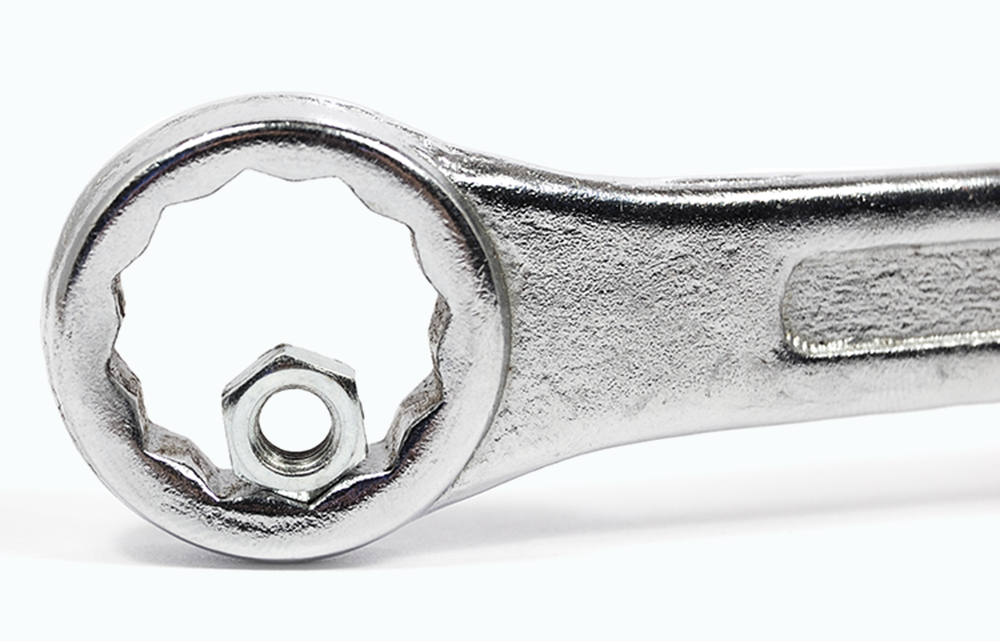What Does a Fire and Security Engineer Do?

Introduction
A fire and security engineer plays a crucial role in protecting businesses, homes, and public buildings. They are responsible for installing, maintaining, and repairing fire and security systems, ensuring these essential safety measures function correctly. So what do fire and security engineers do? Their work helps prevent fire hazards and unauthorised access, making them vital professionals within the industry.
The demand for engineers continues to grow, as businesses and homeowners recognise the importance of effective security, fire systems, and fire alarm systems. But what does this role involve, and what makes someone the right candidate for the job?
A Day in the Life of a Fire and Security Engineer
An engineer has a varied and hands-on job, typically working across multiple locations. Their daily responsibilities can include:
- Installing fire and security systems in residential, commercial, and industrial buildings
- Carrying out maintenance and servicing to ensure systems remain compliant and fully functional
- Fault-finding and troubleshooting issues in fire alarms, intruder alarms, and access control systems
- Performing reactive maintenance, responding to emergency callouts for malfunctioning equipment
- Providing client support by advising on the best fire and security solutions for their premises
- Ensuring compliance with industry regulations and safety standards
Because this job involves working at different locations, many engineers are provided with a company van, and a valid UK driving licence is often a requirement.
What Type of Person Makes a Good Engineer?
- A strong understanding of fire detection, fire alarms, and security systems
- The ability to conduct fault-finding and carry out regular servicing
- Good communication skills to liaise with clients and explain system functions
- A proactive and self-motivated attitude
- A commitment to following safety procedures and industry regulations
The Importance of Training and Qualifications
To become a fire and security engineer, you’ll need the right qualifications and training. Common routes into the fire security industry include:
- Apprenticeships in fire and security systems or electronic security
- NVQs in disciplines related to fire alarms, security systems, or electrical engineering
- Manufacturer training for specific fire and security systems
- Industry-recognised certifications, such as FIA (Fire Industry Association) or BAFE (British Approvals for Fire Equipment) accreditation
Employers often invest in additional training to ensure engineers develop real-world safety experience and keep up with the latest fire and security technology.
What Career Progression Opportunities Exist?
- Senior Fire & Security Engineer – Managing complex fire and security projects and mentoring junior engineers
Security Engineer – Specialising in access control, intruder alarms, and advanced security systems - Fire & Security Engineer – Focusing on fire detection, risk assessment, and fire alarm system compliance
- Project Manager – Overseeing large-scale fire and security installations for commercial clients
Some engineers also transition into technical sales, support, training, or consultancy roles, helping to shape future fire and security innovations.
Salary and Benefits
- A company van and tools provided by the employer
Paid overtime and shift allowances - Employer pension schemes and paid bank holidays
- On-the-job training and career development opportunities
With a growing demand for skilled professionals, this field offers long-term job security.
Why Fire and Security is a Rewarding Career
Working in fire and security systems is more than just a job—it’s a career that makes a real difference. Engineers help protect people and property, ensuring fire and security systems function correctly when needed most.
This job suits individuals who enjoy hands-on work, problem-solving, and installation tasks while also providing service and support to clients. It’s a great choice for those looking for a dynamic role with plenty of variety and progression opportunities.
How CSR Can Help You
If you’re looking for your next role as a fire and security engineer, CSR is here to help. We specialise in recruitment for the fire and security industry, connecting skilled professionals with top employers across the UK.
We work with companies looking for experienced fire and security installation and service engineers, whether you’re seeking permanent roles or contract work. Whether you’re starting out or looking to advance your career, we’ll help you find the right opportunity.
Get in touch with CSR today and take the next step towards your fulfilling career in the fire and security sector!
Every Job is Easier if You Have the Right Tools
